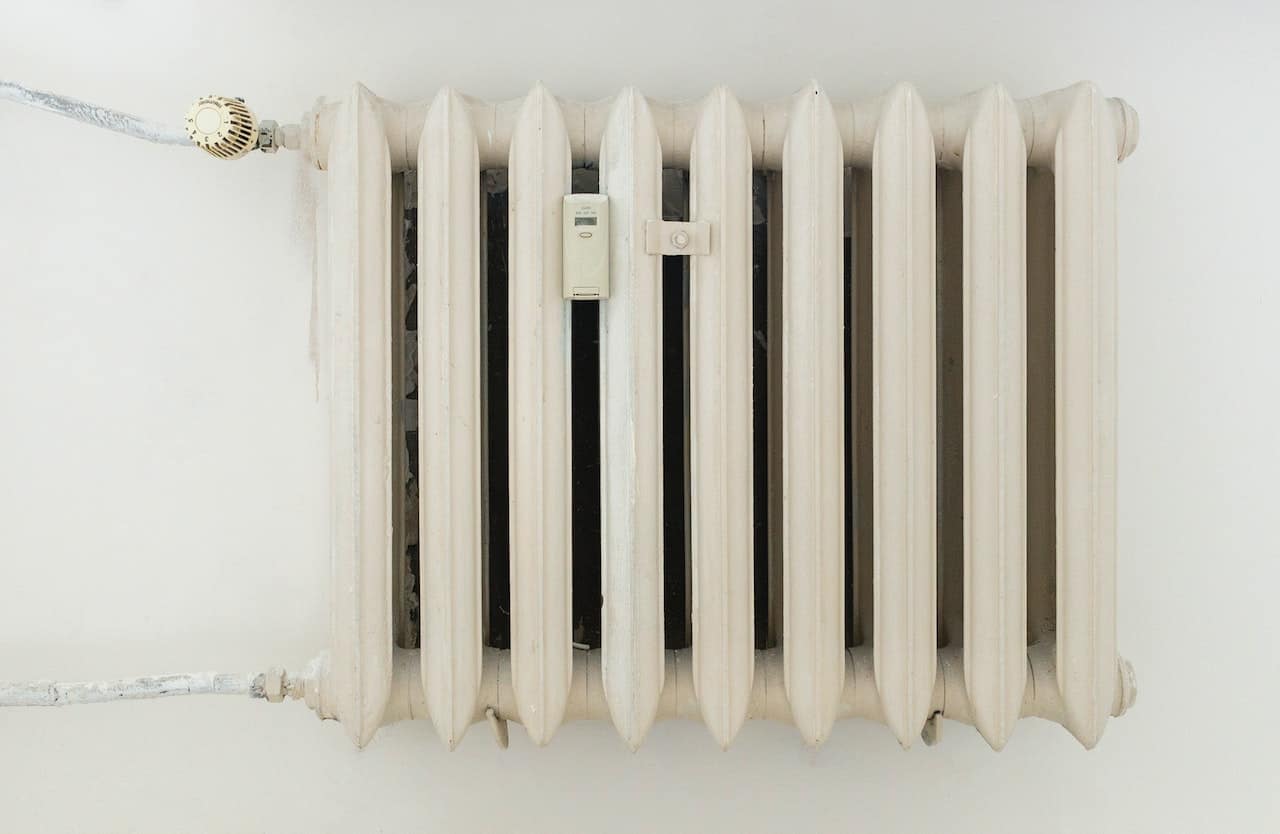Furnaces are a great option for providing reliable and efficient heating when it comes to keeping your home warm in the winter. However, there are various types of furnaces, and the functionality of each type differs from the others. If you are a first-time furnace buyer, it isn’t easy to decide which type of furnace will do the job for you.
Luckily, the experts at Hurliman Heating will help you in this article by discussing some prominent types of furnaces along with their features. Not only will it give you a comprehensive knowledge of different types of furnaces, but it will also help you determine the right kind of one for your house.
So, make sure you read till the end to figure out which kind of furnace will do the job for your home.
Common types of furnaces are available in the market
While the market is overwhelmed with furnaces that come in different shapes, sizes, and designs, there are five main types. While each type of furnace does the same job, i.e., heating the space, they have their own merits and demerits. Following is a comprehensive description of each type of furnace, along with their noteworthy features.
Electric furnaces
Electric furnaces are one of the most commonly used furnaces. An electric furnace uses electricity to create heat and distributes it throughout your house. It works similarly to a hair dryer, i.e., it sucks in the air, passes it through a heat exchanger, and blows out the warm air.
Electric furnaces are reliable, efficient, and the most affordable type of furnaces available in the market today. The following are the prominent features of an electric furnace:-
- The high conversion rate of electrical energy to heat.
- No fumes or harmful by-products are produced.
- No combustion noises.
- Low Maintenance
- No ash or pollutants are produced.
- It can be paired with a thermostat for precise temperature control.
- It can be used in various heating applications, such as central heating and hot water systems.
- Lower initial cost compared to gas furnaces and lower operating costs.
- It can be used in areas without access to natural gas.
- Have a long lifespan with minimal wear and tear.
Natural gas furnaces
Natural gas furnaces burn natural gas to produce heat, which is then circulated through the space using a system of ducts and vents. These furnaces are known for their reliability, efficiency, and cost-effectiveness, as natural gases are widely available and affordable fuel sources.
A natural gas furnace may require more maintenance than an electric furnace. However, they generally offer greater heating capacity and faster heating times. The following are some features of natural gas furnaces:-
- This furnace is a widely available and dependable fuel source.
- High heating output and efficient use of fuel.
- Natural gas furnaces are capable of heating larger spaces.
- Lower fuel costs compared to other heating options.
- They heat up quickly, providing warmth faster than other heating systems.
- Natural gas is piped directly into buildings, eliminating the need for storage tanks.
- Regular maintenance is required to ensure efficient operation and prolong the furnace’s lifespan.
- Natural gas furnaces produce fewer emissions compared to oil furnaces
Oil furnaces
If you want a natural or electric gas furnace but do not have access to sufficient fuel source for either one, an oil furnace can be your savior. They work by burning off a type of oil, like kerosene. While they’re generally not as efficient as other types of furnaces, they can still warm up the space nicely.
Oil furnaces are a great option for those looking for an economical and efficient home heating system. They require less maintenance, produce fewer emissions, and have a longer lifespan than other furnaces. However, it’s important to ensure your oil furnace is properly installed and maintained to ensure its efficiency and safety. Here are the main features of oil furnaces:-
- Fuel oil is generally cheaper than electricity or natural gas, making oil furnaces more cost-effective.
- Oil furnaces have cleaner emissions than other types of furnaces, so they can be used in areas with stricter environmental regulations.
- They require less regular maintenance than other types, saving you money over time.
- They come in various sizes, from small to large, making it easy to find one that fits your home and heating needs.
- Oil furnaces typically last longer than other furnaces, providing you with reliable heat for decades.
Propane furnaces
Propane furnaces are very similar to natural gas furnaces. Unlike oil furnaces, they’re generally more highly efficient than other types of furnaces. However, they use propane, a compound gas, as their fuel source instead of naturally occurring gases.
Almost 10% of households in the United States use a propane furnace. Here are some of their features.
- They are highly efficient, with some models reaching up to 98% efficiency. It means that more heat is generated from the same amount of fuel, resulting in lower fuel bills.
- Propane is a clean burning fuel, producing less emissions than other fuels such as oil or wood. It makes it a better choice for those concerned about their environmental impact.
- Propane furnaces are designed to last for many years, making them a reliable and cost-effective option in the long run.
- It operates quietly and without vibration, making them ideal for homes or businesses where noise is a concern.
- Propane furnaces require minimal maintenance and servicing, making them easy to use and maintain.
Wood furnace
A wood furnace is a conventional home heating system that uses wood as its primary fuel source to generate heat. Wood furnaces are typically installed outside the home, in a shed or other sheltered area, and are connected to the home’s ductwork system to spread heat throughout the house.
Wood furnaces offer many advantages to homeowners looking for an efficient, cost-effective way to heat their homes. Here are some top features of a wood furnace.
- Multi-fuel compatibility
- Built-in blower
- Insulated firebox
- high-efficiency rating
Hurliman Heating can help you find the right furnace!
If you cannot figure out the suitable type of furnace for your house or do not want to bother yourself with all the trouble, you can call Hurliman Heating. Not only will our HVAC experts help you find the right furnace for your house, but we will also provide you with quick furnace installation services. The years of experience and expertise that HVAC experts at Hurliman Heating possess can help you save lots of time. So, next time you go out on a furnace shopping, remember to give Hurliman Heating a call!





